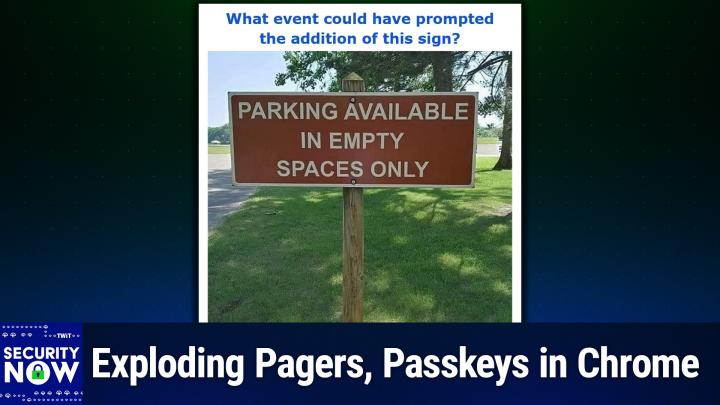Kaspersky's US Exit
AI created, human edited.
In a recent episode of Security Now, hosts Steve Gibson and Leo Laporte delved into the implications of Kaspersky's sudden departure from the US market. This move, prompted by the US government's decision to add Kaspersky to the Entity List, has sparked discussions about the future of global technology and cybersecurity.
On September 19, 2024, Kaspersky customers in the US woke up to find their antivirus software had been replaced by UltraAV, a product from Pango Group. This abrupt change came with little warning, causing confusion and concern among users. Many feared their systems had been compromised by malware.
Steve Gibson criticized the handling of this transition: "This wasn't a facilitation, this was an abrupt and unsupervised 'switcheroo'. [...] For something as important as a system's A/V, users should have been in the loop."
The hosts speculated that Kaspersky likely sold their US customer base to Pango Group, including subscriber data and billing information.
Despite the controversial exit, Gibson emphasized Kaspersky's significant contributions to global cybersecurity:
Collaborating with Microsoft to counter the Stuxnet worm in 2010
Identifying sophisticated malware like Flame, Red October, and Mask
Uncovering state-sponsored cyber espionage tools
Assisting in the arrest of hacking groups
"Kaspersky's presence in the cybersecurity world has been nothing but a benefit," Gibson noted, highlighting the company's consistent high rankings in independent reviews.
The discussion shifted to the larger issue at hand: the growing impact of geopolitics on technology. Gibson expressed concern about the trend of technological nationalism: "Kaspersky's ejection from the U.S. is worrisome as a tangible indicator of the changing politically-charged technological environment that will affect us all."
The hosts explored how rising tensions between major powers are leading to the fragmentation of the global internet and technology landscape. Examples included:
Russia's testing of an "Internet cutoff switch"
Concerns about Chinese-manufactured smart devices in Western homes
Potential US bans on Chinese and Russian technology in smart cars
Gibson and Laporte pondered the future of our interconnected world. They questioned whether the solution to perceived risks is to break the global network into separate pieces, aligned with political goals. "If that's what ends up happening it would be a horrible shame and would represent incredible lost opportunity... especially for those parts of the world that are being so rapidly advanced and lifted up through access to this amazing Internet resource."
The episode concluded with a plea for balance between security concerns and the benefits of global technological cooperation. Download and subscribe to Security Now to stay informed.
